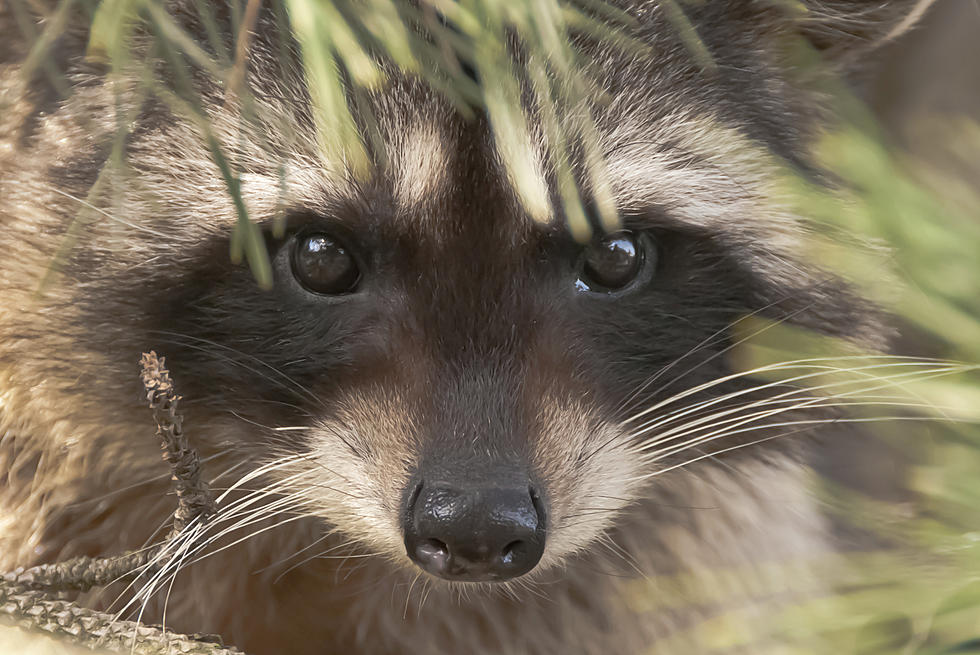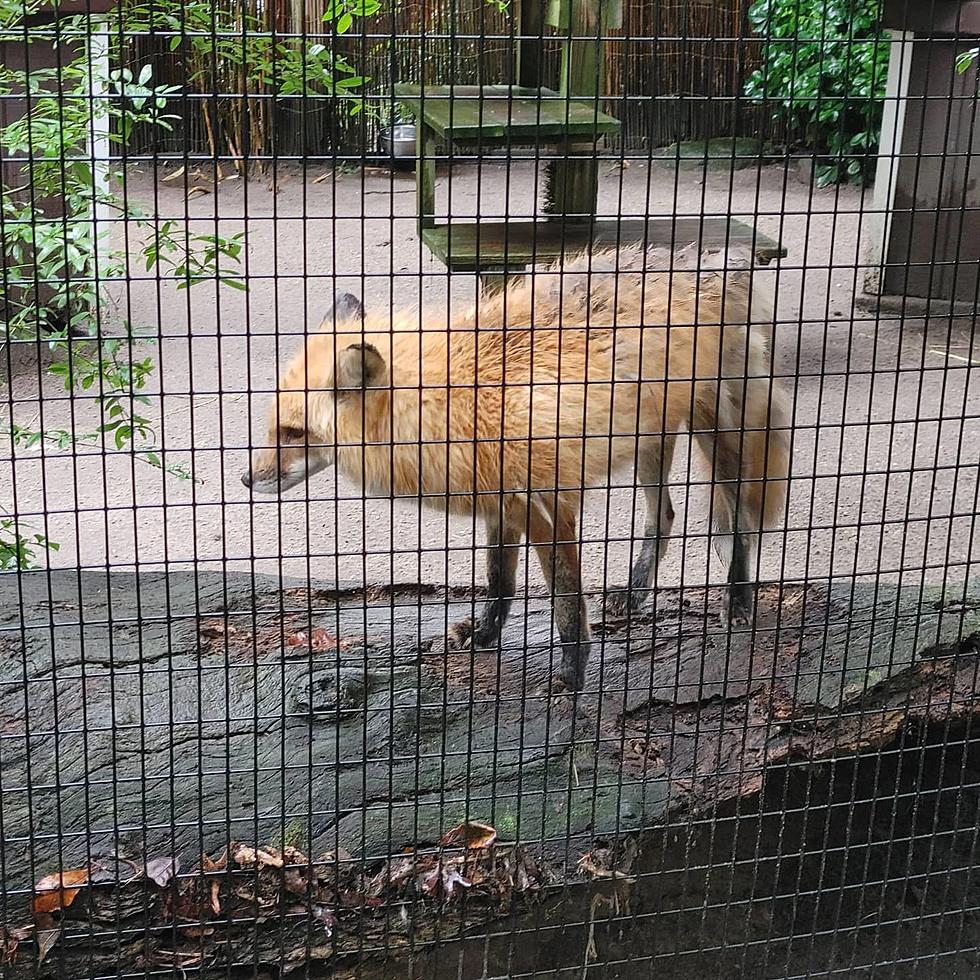
Is rabies spreading near you? NJ counties reporting uptick
While some Jersey counties have become rabies hotspots, the overall number of confirmed rabies cases so far this year compared to last is down a bit.
So far this year through September, there have been 114 terrestrial rabies cases identified in the Garden State compared to 133 in last year.
Monmouth County has had 15 confirmed terrestrial rabies cases, the most of any county, followed by 13 in Morris and 10 in Gloucester.
Hudson County hasn’t had a single confirmed case of rabies in a land animal (or a bat ) so far this year, while Cape May and Sussex County have each reported a single case.
Health Department data shows raccoons have had the highest number of positive rabies cases this year in New Jersey (82), while rabies has also been detected in skunks, cats, groundhogs and a fox.
There have been 28 confirmed rabies cases in bats this year, including five in Burlington County.
According to New Jersey State Veterinarian Colin Campbell, rabies seems to flare up in different locations for a while and then it will die down .
“Every year it’s a bit of a different pattern throughout the state. The raccoon rabies kind of goes through a two or three-year cycle where it sort of waxes and wanes a little bit.”
So why do we see rabies hotspots?
He said no one is sure but the raccoon population “tends to kind of rise and fall when there’s a lot of food source around. There’s more animal-to-animal contact fighting over territory and rabies transmission probably speeds up a little bit and a higher number of raccoons have the virus.”
Because the virus is fatal to mammals, the raccoons that are spreading it eventually die off.
When asked if any rabies hotspots have been identified by the Health Department right now in the Garden State, he said no.
He noted the only successful way to control the spread of rabies is by setting vaccine traps that bait raccoons with food.
Campbell said this has been used in Cape May County, but the process involves dropping the traps from an airplane over a wide stretch of land multiple times, and the traps are expensive, so most counties aren’t inclined to use them.
“The issue is where there’s more development there’s going to be more contact with the baits, and it’s harder to drop them from the air without bouncing off cars and things like that.”
He stressed if someone thinks they may have been exposed to rabies it’s important to begin getting a series of four anti-rabies shots as soon as possible. If left untreated, the virus in humans is almost always fatal.
More From 94.3 The Point










